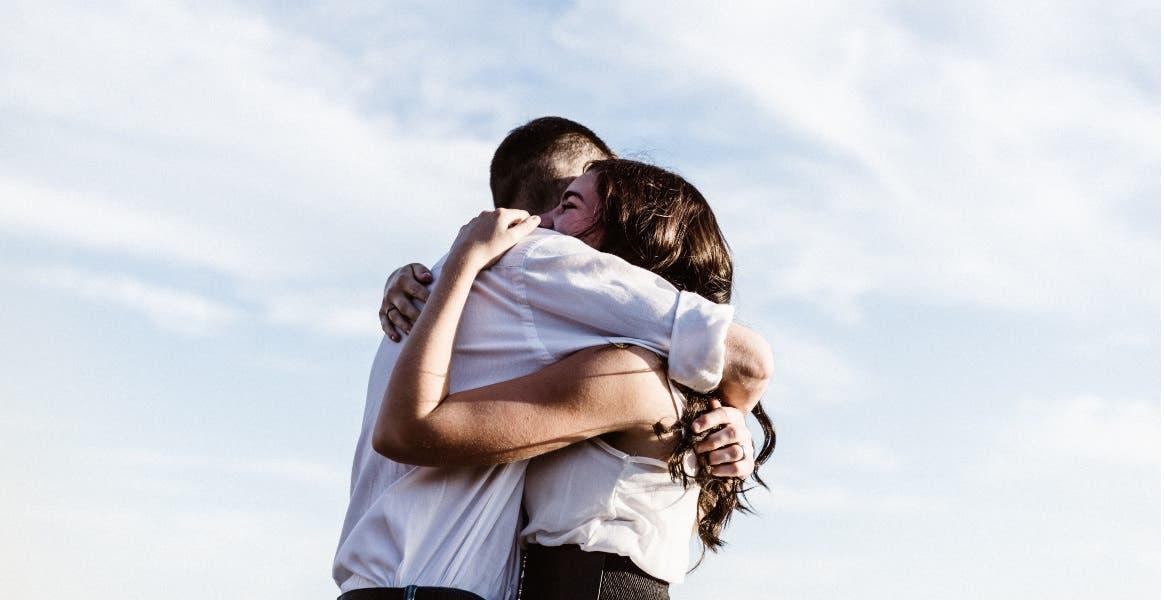
Separation anxiety: how to manage it post-Cavid?
Avec les confinements successifs depuis plus d'un an, beaucoup ont vécu des périodes intenses de proximité à la maison avec leurs proches (parents, frères & soeurs, partenaire etc.)).Until even "entrenched" completely and do not go out.If these moments have been beneficial, the progressive return "to normal" which has been taking place for a few months already can upset.Social activities, face -to -face work, back -to -school approach... certain.e.s développent alors de l'anxiété de séparation. Cela concerne à la fois les couples, les enfants, mais aussi les animaux de compagnie.Here are some key elements to understand and prevent this fear of abandonment.
Where does the fear of abandonment come from?
La peur de l’abandon, ou l’anxiété de séparation, arrive lorsque l’on craint de se séparer d’une personne, d’un animal ou d’un objet a laquelle/auquel on tient sincèrement.According to the American Psychiatry Association, the various symptoms are as follows: an unusual anxiety of separation, a fear of loneliness, and a very intense or frequent need to know where the other is located.Just like any form of anxiety, it is not to be taken lightly.Experts agree that symptoms can last 6 months or more, and have consequences for the person's social, occupational or school functioning of the person.
Before the COVVID interferes in our lives, separation anxiety mainly drew its origin from childhood, which can notably manifest itself from childbirth."The child and his mother lived nine months in symbiosis, birth will then cause a first separation," explains Bernadette Lemoine, author of mom does not leave me, at LCI.If there is subsequently the child does not receive enough verbal communication and preparation to understand the absences, loss or separation of his parents, the probabilities he or she develops an anxiety of separation at ageadult will be larger.

Bernadette Lemoine stresses that in adults, this fear is more unconscious than in children: it is a panic fear of the loneliness that is expressed.
Listening to the Radio on My Way Home and I Heard “School is where you teach Kids to behave” and i’m not sure How to feel about this.You?
— Brian Aspinall Tue Apr 09 20:52:23 +0000 2019
In this context of health crisis where the essential is to be united.e.s, specialists note an increase in cases of separation anxiety.Between sleep and/or behavior disorders, it manifests itself more and more in children, but also couples who have to re-taste the outside world.
How to manage the anxiety of separation?
According to experts.e.s, in this unprecedented period it is important to deal with the problem as soon as possible, before even really resuming "life before".In order to prevent this possible anxiety, it is recommended:
Pets also affected
Chez les animaux, surtout les chiens, beaucoup manifestent de "l’hyper-attachement" depuis le retour progressif "à la normale".It is an anxiety of separation with their human.e, which manifests itself by various abnormal behaviors such as untimely barking, obsessive grooming or even weight gain.The latter you indeed have daily by their side, between games and walks in Gogo, separation can therefore be brutal.
The solution advocated by veterinarians is then, too, to gradually move away from the animal, accustoming it to a new routine.For example: go for a walk alone without showing too much interest in the animal when you leave and arrived, no longer play as much with it indoors...while observing his behavior.And if it doesn't work, once again the best is to consult a veterinarian to make you support.
If these questions interest you, do not hesitate to share your experiences, on our forum!







